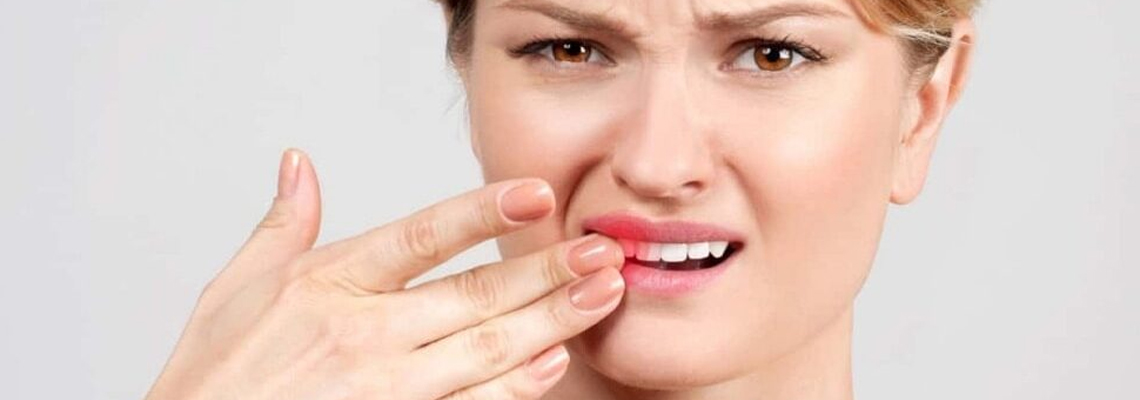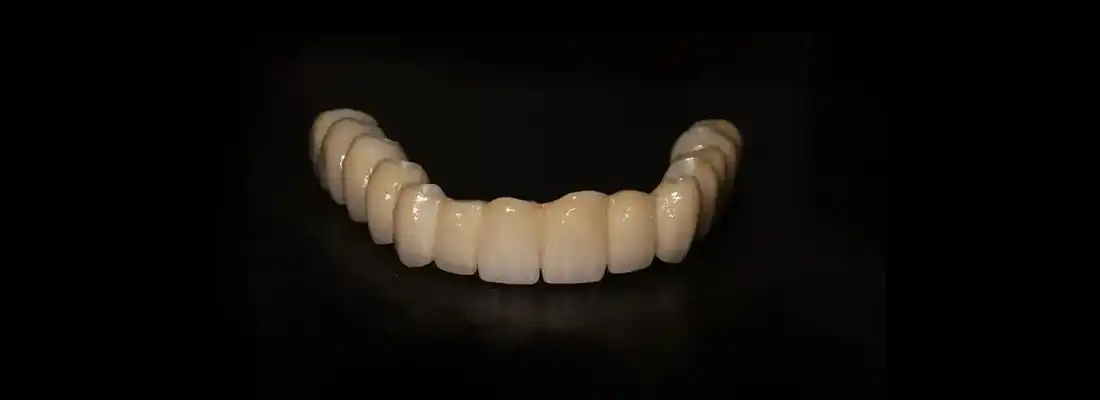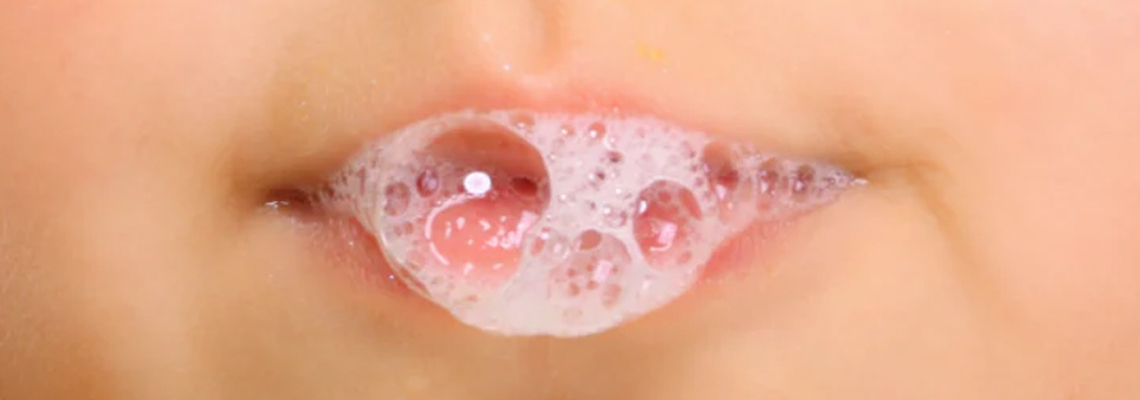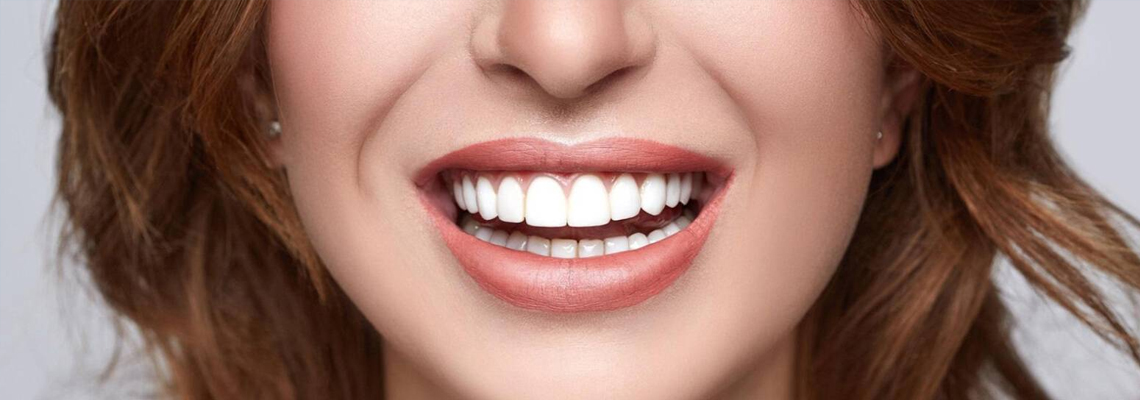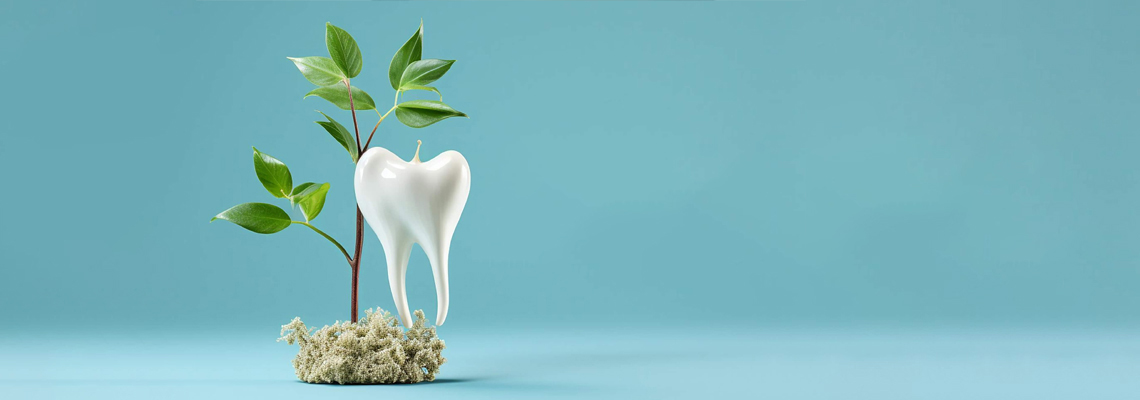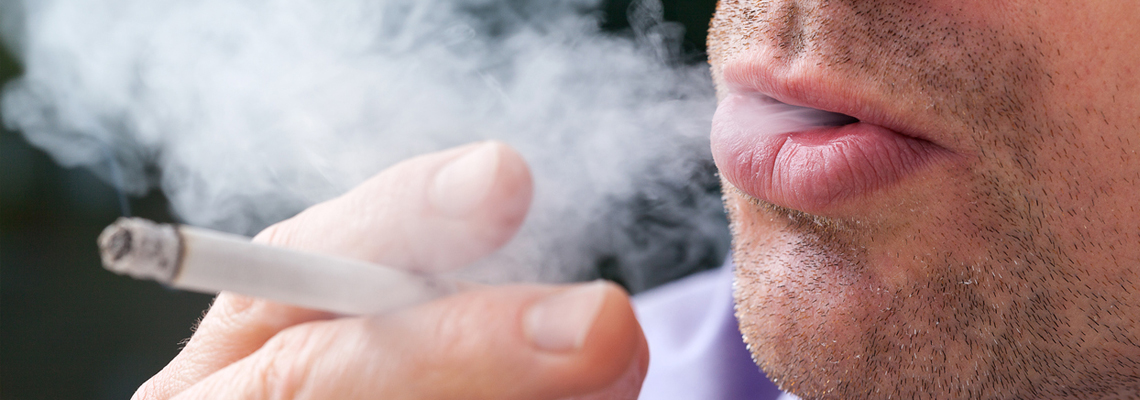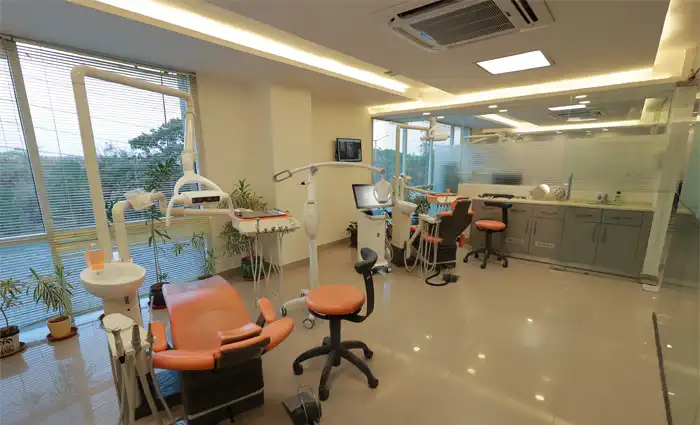TMJ disorder can be a serious problem, so you shouldn’t just brush it off. People of all ages, even those with good oral health, can get this disorder. Pain in the jaw that can spread to other parts of the face is a sign of TMJ. If you don’t take care of these signs, you might get headaches. In the long run, this condition can change how you live and what you do every day. TMJ is something you should learn more about.
A Brief Look at TMJ Disorder
The temporomandibular joint is a very important joint that links the jaw to the skull. It works like a sliding hinge and is a key part of how the mouth moves. This joint moves when a person talks, eats, laughs, or yawns. When everything is normal, the joint does its job well and the person shouldn’t feel any pain in the area.
But there are many things that can make these actions hurtful. When this joint hurts, the most likely cause is TMJ disorder. Pain like this can sometimes be temporary and go away with simple care. But some people have pain that is so bad that it makes it hard to do even simple things. In these situations, the dentist can help relieve the pain and fix the problem.
Why TMJ Happens?
One problem with treating and stopping TMJ disorder is that it can be hard to figure out what causes it. The cartilage covers the bones that work with the joints, and there are disks in between them. This help makes it possible for the joint to move. Disks can slip out of place or break down, which can cause a lot of pain. Arthritis can cause the disk and cartilage to break down. The disorder can also be caused by a hard blow to the joint.
Consequences
When a person has TMJ disorder, it can affect their oral health and their overall health. Most of the time, it hurts in the jaw. This pain is most noticeable when you use your mouth, but it can be there all the time. The jaw can also be painful to touch. Some people feel a dull ache in and around the ear. The joint may even lock, making it hard to open and close the mouth.
Effects on Headaches
A headache is something else that can come from TMJ disorder. The muscles around the joint run along the jaw and up to the cheeks. Pain can sometimes spread to the top and sides of the head. The muscles in the jaw may feel tight, and the person may even hear the jaw click. If nothing is done, the headaches might not go away.
Treating TMJ-Caused Headaches
Getting rid of these headaches is as easy as buying over-the-counter painkillers. If this doesn’t work, the dentist can give you stronger medicine. Putting an ice pack on the jaw or hurting part of the head can also help. To increase the range of motion, the dentist can also show the patient how to stretch the jaw.
Muscle Bands & Toothache
When they are overused or hurt, taut bands form. They can cause pain in other parts of the body. Trigger points in the jaw muscles can make the back teeth hurt, and muscles in the temple can make the upper teeth hurt. These muscles are used when you chew, grind your teeth, clench your jaw, or talk. Trigger points are a sign of trouble in the temporomandibular joint. Face pain, ringing in the ears, and popping in the TMJ are all signs of this disorder. A sore ear, a jaw that won’t move, or grating sounds in the TMJ are also warning signs.
TMJ Disorders & Bite Changes
When a person gets a new filling or crown, their bite may change a little. This can make it hard for the patient’s jaw to work. The new fillings can change how the top and bottom teeth fit together. After a few days or weeks, the person’s bite returns to normal. The person needs to go to the dentist if it hurts to chew or bite.
The dentist can suggest relaxation techniques. Counseling can also help the patient deal with stress, which is a common cause of teeth grinding and tooth pain. Wearing a nightguard or mouthguard can keep your teeth from getting worn down from clenching your jaw or grinding your teeth. The jaw and teeth can feel less stressed if you eat soft foods. By giving the person orthodontic treatment, the dentist can also fix the person’s bite.
When you lose a tooth, the teeth around it may shift or come loose. It can hurt and make you more likely to get decay or an infection. When teeth are replaced, the bite can be fixed and the pain can go away. It can keep nearby teeth from moving and coming loose. Bridges or implants can be used by the dentist to replace the missing teeth.
Understand & Overcome TMJ
TMJ disorder is not to be taken lightly. Know what to look for if you think you have this condition. TMJ could be the cause of headaches you can’t explain. The good news is that people can get help.
Are You Looking For Dental Implants
Click on the links below to learn more about the approximately $50,000 savings option for Dr. Motiwala’s packages.
- Full mouth dental implants & Cost of Treatment
- Smile Makeover & Cost of Treatment
- Watch 100’s of Testimonials from our International Patients
Make An Appointment!
Please contact us if you have dental difficulties or are interested to know about dental implants and how they might improve your smile. Dr. Motiwala Dental Clinic & Implant Center may be reached at +91 99596 14584. You can also Contact Us by clicking the banner below.



